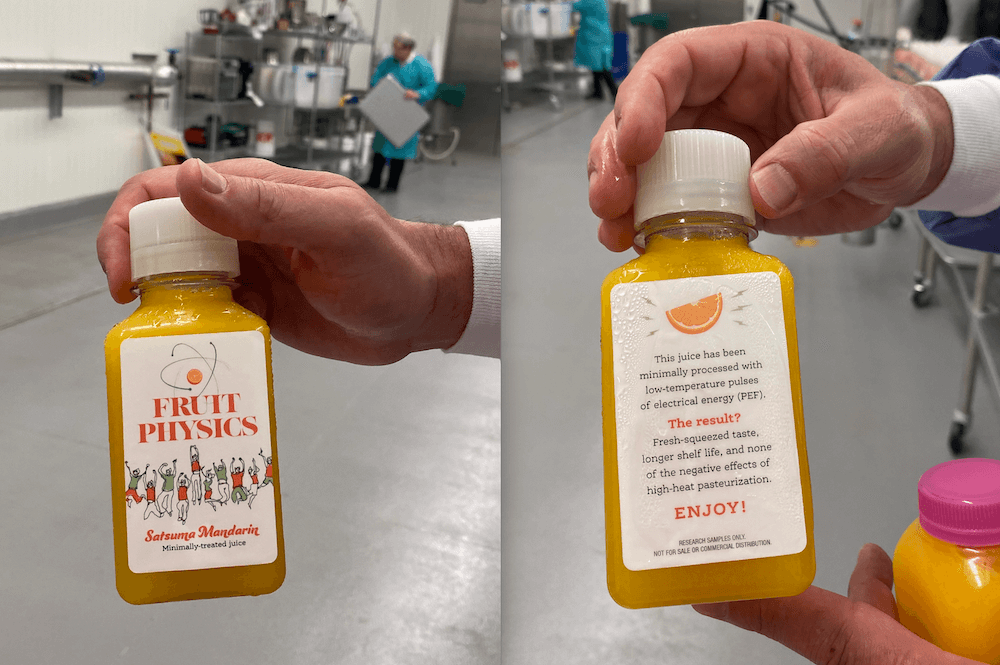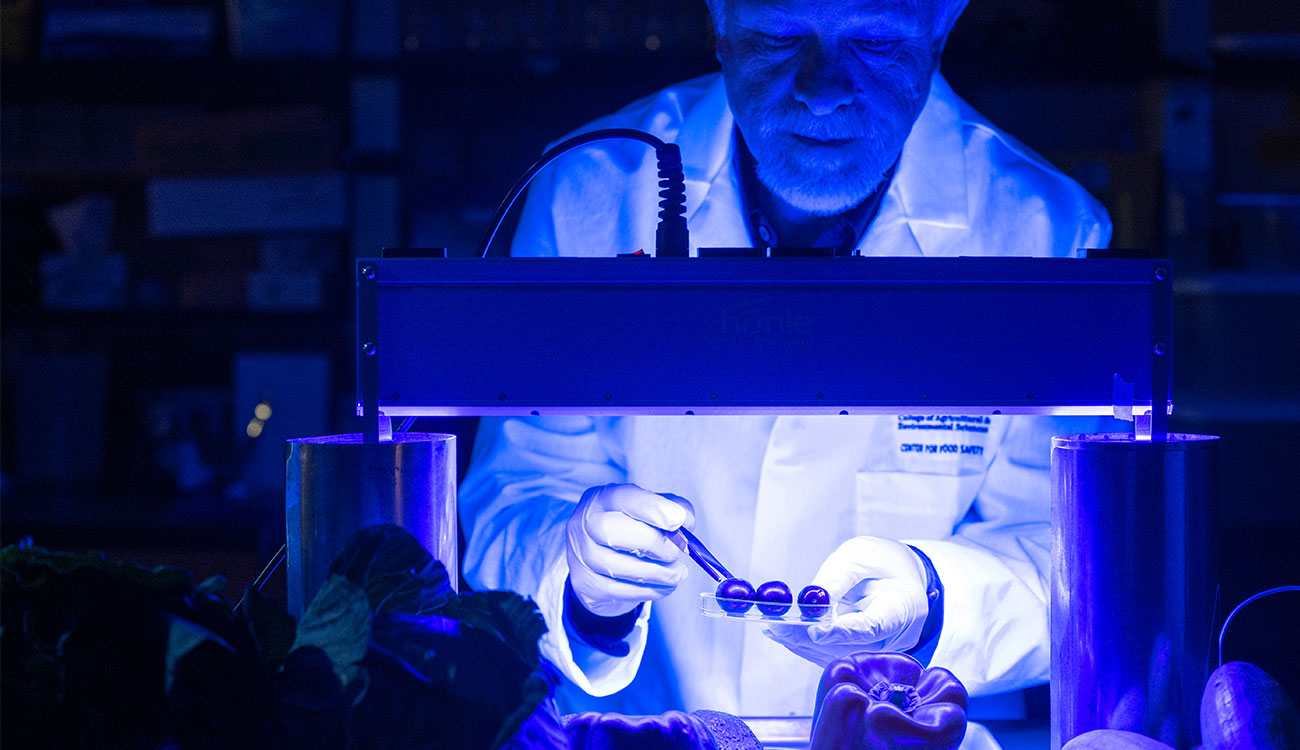 CAES News
CAES News
UGA Center for Food Safety
From studying the way light affects foodborne pathogens to designing innovative technology for data processing, the team at the University of Georgia Center for Food Safety is pushing the boundaries of technology to help protect a safe and secure global food chain. The center, a unit of UGA’s College of Agricultural and Environmental Sciences, is critical to both domestic and international advances in food safety—an estimated 48 million people in the U.S. alone get sick from contaminated food or beverages each year, and 3,000 die from foodborne illness. CFS is the base of operations for a team of food scientists with a wide variety of backgrounds and areas of expertise working together on the front lines of food safety research.

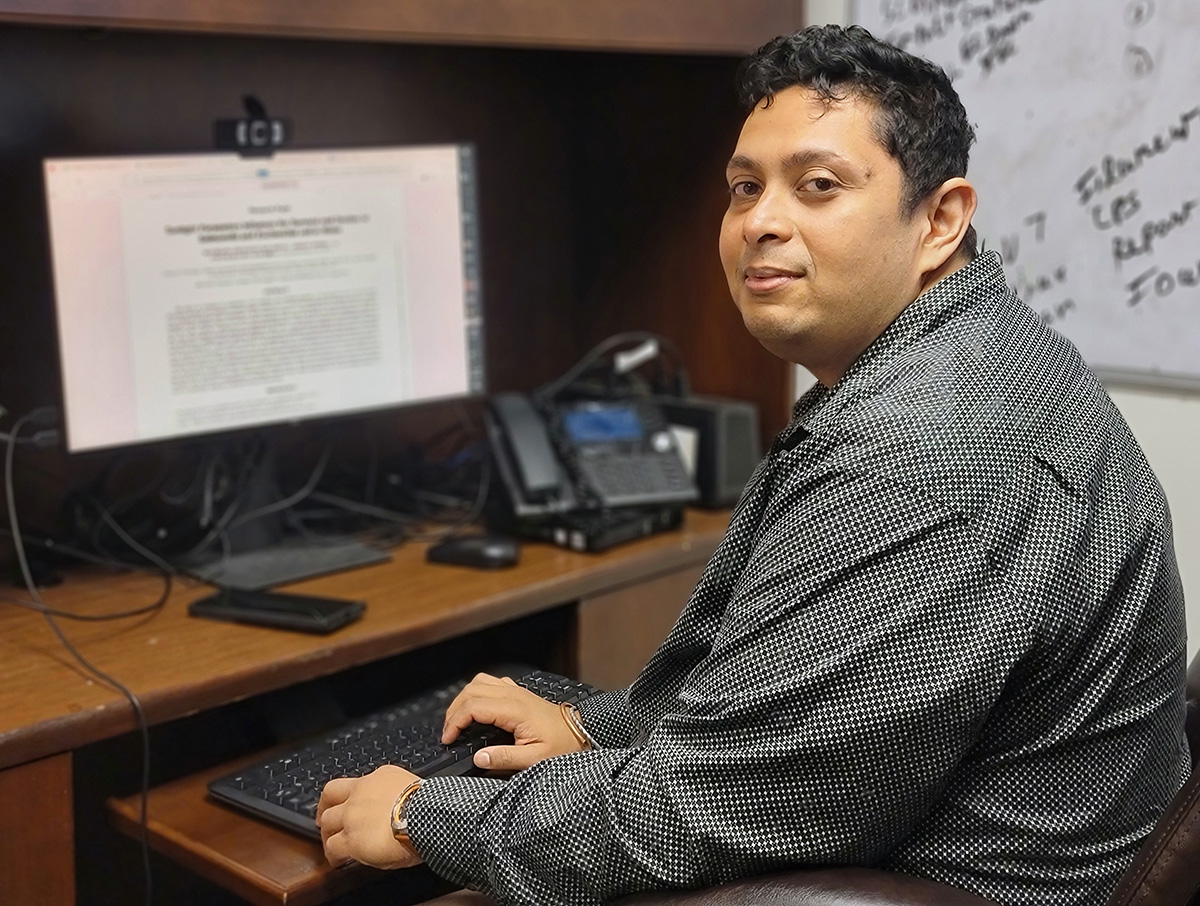
.png)
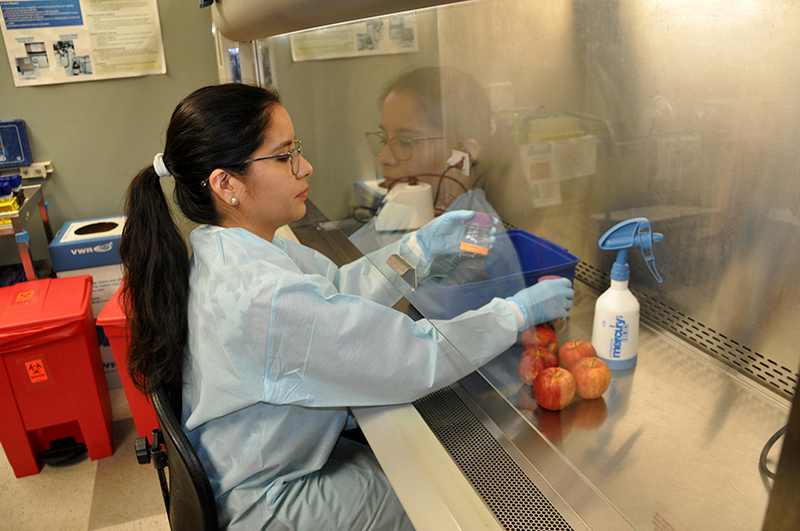

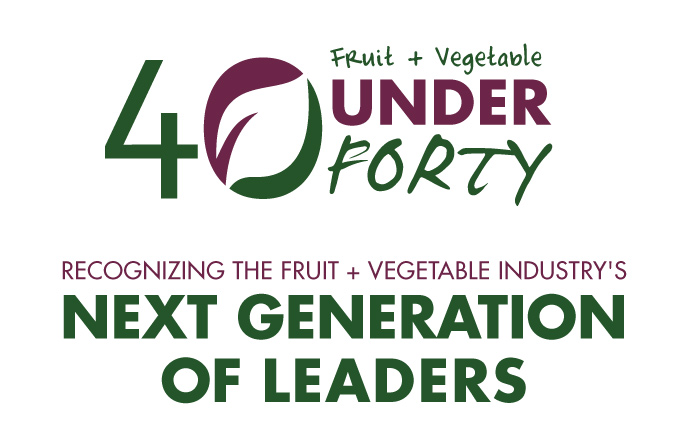

.jpg)
